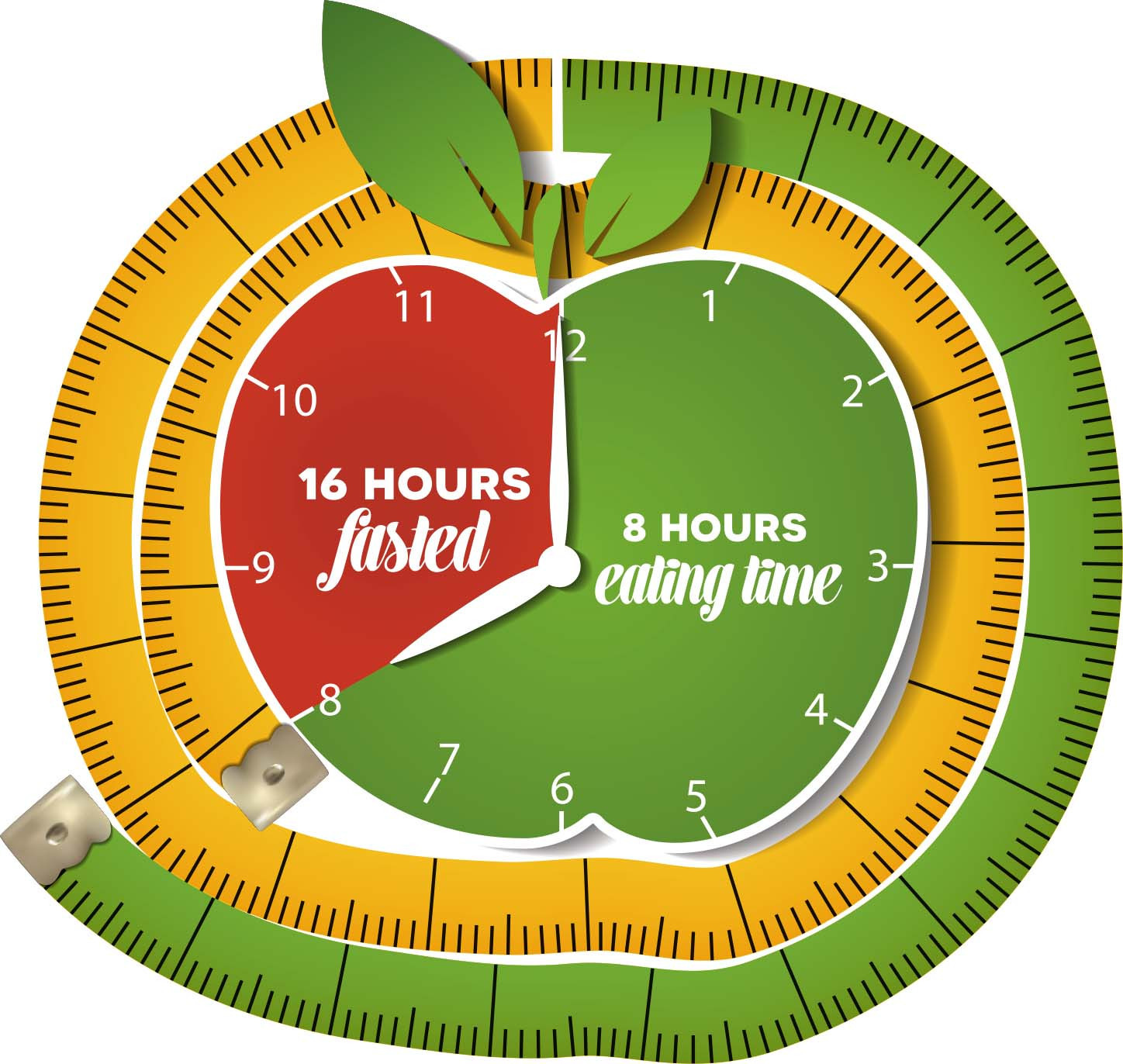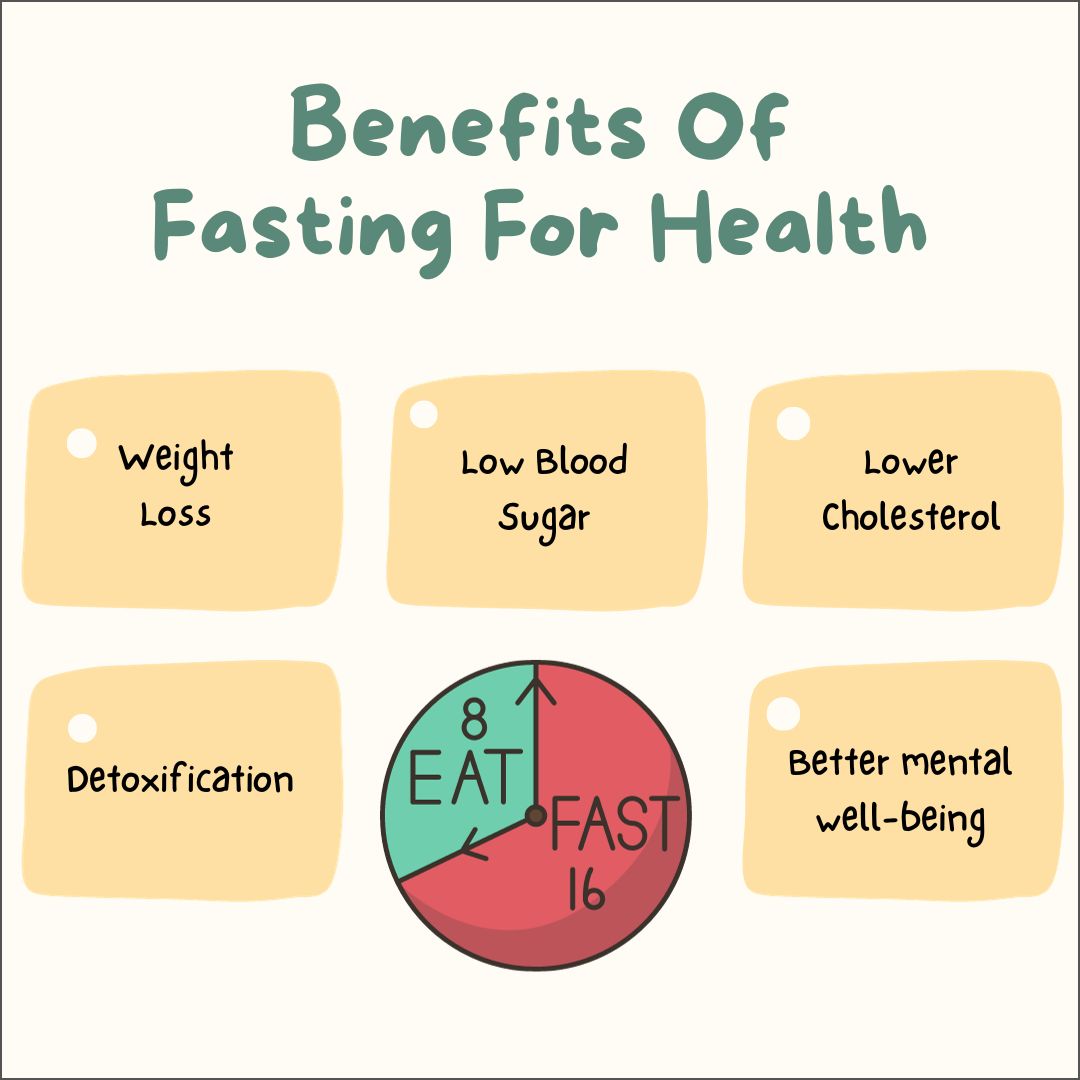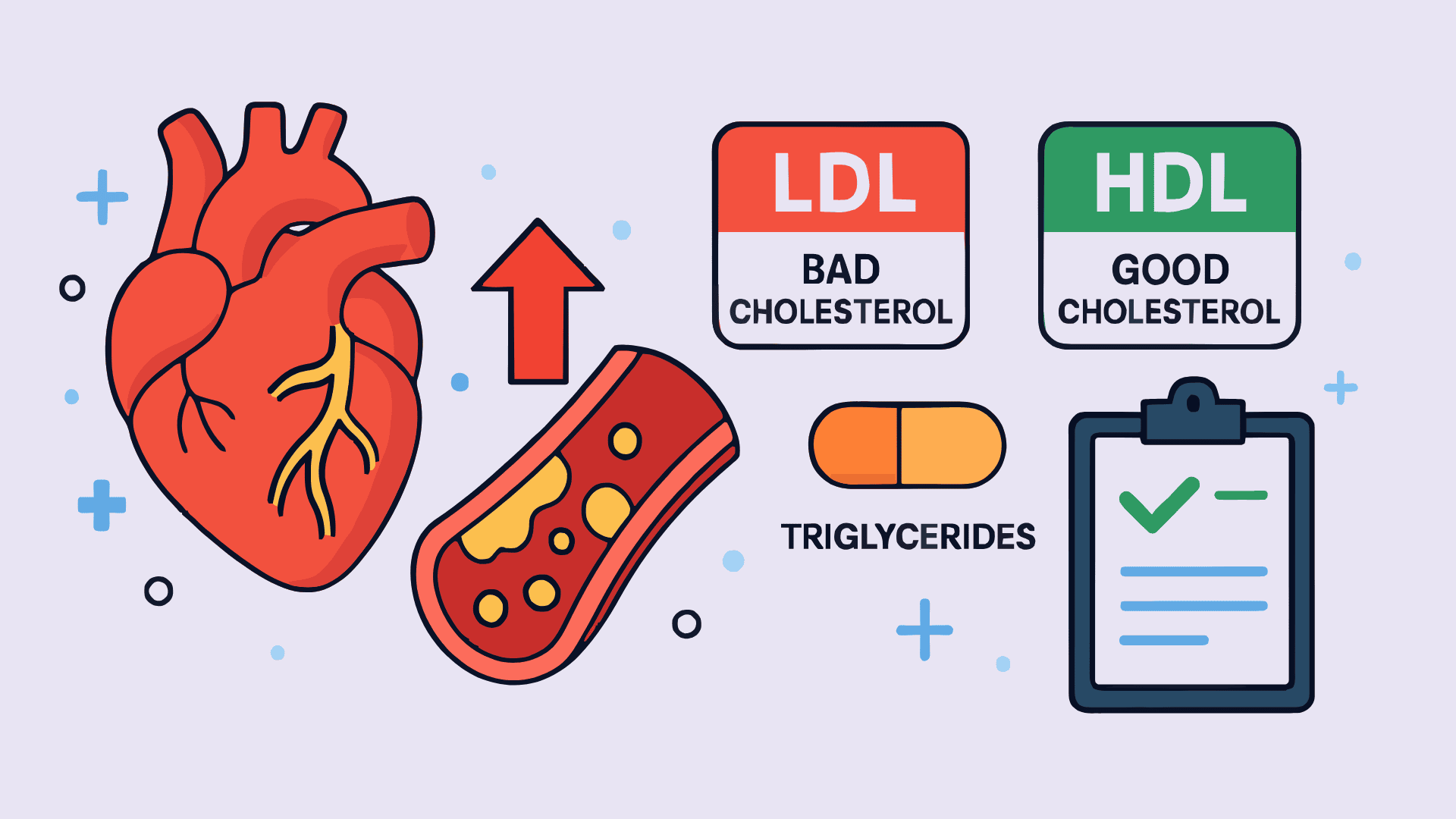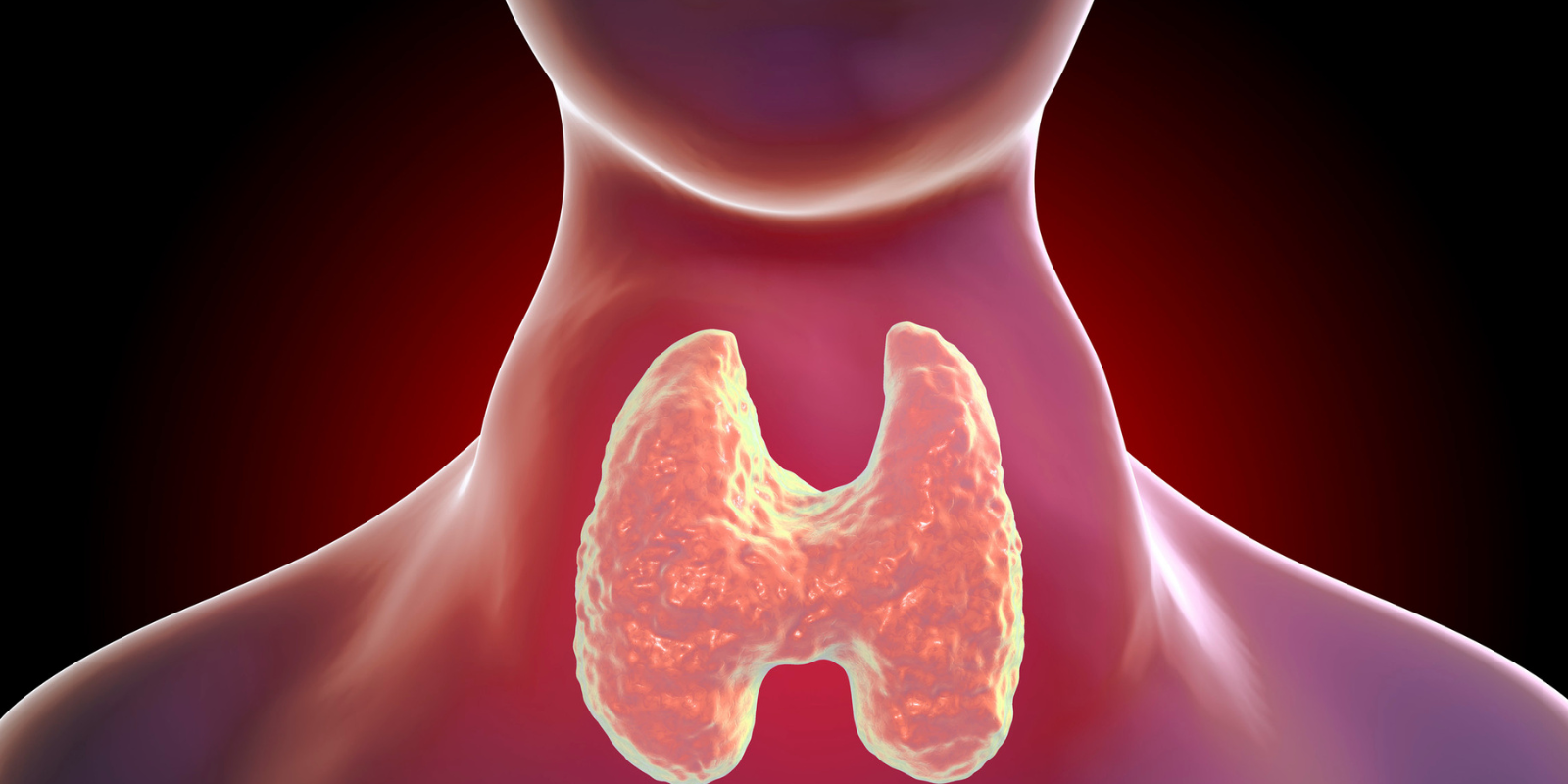Have you ever wondered why, despite being on a perfect diet, you still feel sluggish, carry extra weight, or have high cholesterol levels? This may be due to a missing piece of intermittent fasting in your lifestyle. Let’s take a detailed look at how intermittent fasting works, the various intermittent fasting patterns, and what science-backed intermittent fasting benefits it can bring to your body and mind.
What is Intermittent Fasting (IF)?
Intermittent fasting benefits your body by following an eating cycle that alternates between periods of eating and fasting. It focuses on when to eat rather than what to eat. Mark Mattson, a neuroscientist at Johns Hopkins, has studied science-backed intermittent fasting for over 25 years.
He concluded that the human body can remain healthy without food for several hours or even days. His research shows that intermittent fasting triggers metabolic switching which burns body fat once stored sugars are exhausted.
How Intermittent Fasting Works
When you extend your fasting period, your body starts using stored fats for energy. This process, known as fat reduction and insulin sensitivity, helps lower weight and improves overall metabolism. During fasting, the body catabolizes complex stored molecules to release energy efficiently.
Various Patterns of Intermittent Fasting
There are several intermittent fasting patterns you can follow. Always consult your doctor before starting any fasting routine.
-
16:8 Method: 16 hours fasting, 8 hours eating.
-
12:12 Method: 12 hours fasting, 12 hours eating.
-
5:2 Method: Eat normally for 5 days; fast for 2 days each week.
-
Alternate-Day Fasting: Fast every other day.
-
Weekly 24-Hour Fasting: Fast for 24 hours once a week.
-
TRE (Time-Restricted Eating): Eat only during a set number of hours each day.
Top 10 Intermittent Fasting Benefits Backed by Science
Intermittent fasting offers a wide range of proven health benefits, including fat reduction, weight loss, better blood sugar management, and protection against various medical conditions such as cancer.
1. Blood Sugar Management and Insulin Resistance Reduction
Intermittent fasting for beginners and advanced practitioners helps reduce insulin resistance, improving the body’s sensitivity to insulin. A study revealed that Time-restricted eating (TRF) stabilizes blood sugar levels and lowers the risk of type 2 diabetes, stroke, and heart disease.
2. Fat Reduction and Weight Loss
Restricting your body from food intake for a certain period of time reduces your overall calorie consumption. When your body experiences a calorie deficit, it turns to stored sugars and then breaks down body fat to produce energy. This process leads to fat reduction and, ultimately, weight loss. The alternate-day fasting pattern has been shown to be particularly effective for reducing calorie intake and supporting weight loss.
3. Inflammation and Oxidative Stress Reduction
Intermittent fasting lowers C-reactive protein and cytokines, which are inflammation markers linked to heart disease, cancer, and arthritis. It also increases antioxidant activity, reducing oxidative stress in the body.
4. Better Cardiovascular Health
The type of fat found in your blood is called triglycerides, and they serve as an important source of energy for your body. When you eat more calories than your body needs, the excess is converted into triglycerides and stored in fat cells.
During intermittent fasting, these triglycerides are broken down into fatty acids and glycerol, which are then used as fuel for energy. Intermittent fasting also helps lower LDL (bad) cholesterol levels and reduces blood pressure. Collectively, these improvements — lower triglycerides, cholesterol, and blood pressure — protect your heart and reduce the risk of heart attack and other cardiovascular diseases.
5. Improved Cognition, Neuroprotection, and Brain Health
Science-backed intermittent fasting increases BDNF (brain-derived neurotrophic factor). It is a protein that promotes function and growth of brain cells. Better brain cells lead to better cognitive function, support memory and reduce the risk of Alzheimer’s, Parkinson’s, and ALS (amyotrophic lateral sclerosis), which are neurodegenerative diseases.
6. Hormonal Balance
Fasting boosts growth hormone (HGH) and norepinephrine, which promotes the breakdown of stored fats for fuel and energy. It regulates cortisol hormone and promotes better sleep. For women it can improve reproductive hormones such as hyperandrogenism and insulin resistance and help with PCOS.
7- Improved Gut Health
Intermittent fasting improves your gut microbiome, which supports better metabolism, digestion, and reduced inflammation. Some strains of beneficial bacteria, such as Lactobacillus and Akkermansia, become more abundant in your gut after fasting. Intermittent fasting also decreases gut permeability and reduces the release of inflammatory substances into the bloodstream.
8- Improved Hunger and Eating Patterns
Intermittent fasting helps you experience true hunger by regulating the hormones that control appetite. It also helps you establish healthier eating patterns, even with busy schedules and lifestyle demands. Over time, you may notice that your appetite becomes more stable and easier to control as your body adjusts to a regular fasting routine.
9- Triggered Cellular Repair (Autophagy) Process
Autophagy is your body’s natural cellular repair process. When you fast, the body’s nutrient levels drop, causing mild cellular stress. In response, cells begin breaking down and recycling damaged proteins, cellular waste, and old organelles. This process promotes healthier, more efficient cellular function throughout the body.
10- Slowed Aging and Increased Longevity
Intermittent fasting helps slow the aging process and supports longevity by improving metabolism and gut health, lowering cholesterol levels, enhancing insulin sensitivity, reducing inflammation and oxidative stress, and improving sleep quality. Collectively, these benefits reduce the risk of many chronic diseases, helping you enjoy a longer, healthier, and more energetic life
How Can Beginners Start Intermittent Fasting?
-
Start with a gentle approach — try fasting for 12 hours before gradually extending to 16 hours.
-
Stay well-hydrated and avoid sodas or sugary drinks when breaking your fast.
-
Maintain a balanced diet with a healthy mix of protein, fruits, vegetables, and healthy fats.
-
Include regular physical activity or exercise in your routine to enhance results.
-
Always consult your doctor if you have chronic conditions, are pregnant, or are breastfeeding.
 Key Takeaways
Key Takeaways
-
Intermittent fasting focuses on when to eat, not what to eat.
-
During fasting, the body becomes calorie-deficient, prompting it to break down stored fat for energy — a process that supports weight loss.
-
Benefits include better gut health, improved metabolism, reduced disease risk, and overall longevity.
-
Some potential risks exist, such as loss of lean muscle mass, especially if protein intake is insufficient.
-
Always consult your healthcare provider before starting, particularly if you have a history of eating disorders, or if you are pregnant or nursing.
-
Pay attention to your body’s signals and stop fasting if you experience any unusual side effects.
Conclusion
Intermittent fasting isn’t just a health trend — it’s a science-backed lifestyle approach with numerous proven benefits. It has deep roots in many cultures and religions and has been linked to improved metabolism, reduced inflammation, better brain and heart health, and longer life.
If you’re new to intermittent fasting, start gently with a 12-hour fast followed by a moderate eating window. Once you begin to notice the benefits, you can gradually explore other fasting patterns. It’s helpful to keep a health log to track your weight, waist circumference, energy levels, mood, blood pressure, and blood sugar levels.
Want to learn more? Visit Healthabulous and read related articles such as “Life-Changing Supplements for Women Over 25 (Science-Backed Recommendations)”.
FAQs
1. What is the most effective method of intermittent fasting for beginners?
For beginners, the 16:8 method (16 hours of fasting with an 8-hour eating window) is a gentle and sustainable start. It’s easier to follow than alternate-day or full-day fasting and offers similar benefits with fewer side effects.
2. In intermittent fasting, should I still care about what I eat?
Yes! A balanced, nutrient-rich diet is essential for maintaining health and energy. Eating processed or unhealthy foods during your eating window can reduce the effectiveness of fasting.
3. How long does it take to see the benefits of intermittent fasting?
Results vary from person to person, but most people begin to notice measurable improvements within 2–12 weeks of consistent fasting.
4. Can I choose any method of intermittent fasting?
It’s best to consult your doctor or a nutritionist before choosing a specific fasting method, as your medical history, daily routine, and overall health should be considered.
5. Does combining exercise with fasting enhance the benefits?
Yes! Combining exercise with intermittent fasting amplifies its benefits. Just be mindful of your body’s energy levels and adjust your nutrition as needed to maintain balance and avoid fatigue.
References
⦁ Zixuan Wang, Ge Chen, Xutong Sun, Jia Xiao, Lingling Kong, Shunshun Jiang, Tingting Xu, Meijiao Wang, Hong Zhao, Multi-omics integration reveals the impact of Mediterranean diet on hepatic metabolism and gut microbiota in mice with metabolic dysfunction-associated steatotic liver disease, Frontiers in Nutrition, 12, (2025).https://doi.org/10.3389/fnut.2025.1644014
⦁ Anton SD, Moehl K, Donahoo WT, Marosi K, Lee SA, Mainous AG 3rd, Leeuwenburgh C, Mattson MP. Flipping the Metabolic Switch: Understanding and Applying the Health Benefits of Fasting. Obesity (Silver Spring). 2018 Feb;26(2):254-268. doi: 10.1002/oby.22065. Epub 2017 Oct 31. PMID: 29086496; PMCID: PMC5783752.
⦁ Collier R. Intermittent fasting: the science of going without. CMAJ. 2013 Jun 11;185(9):E363-4. doi: 10.1503/cmaj.109-4451. Epub 2013 Apr 8. PMID: 23569168; PMCID: PMC3680567.
⦁ Semnani-Azad Z, Khan T A, Chiavaroli L, Chen V, Bhatt H A, Chen A et al. Intermittent fasting strategies and their effects on body weight and other cardiometabolic risk factors: systematic review and network meta-analysis of randomised clinical trials BMJ 2025; 389:e082007 doi:10.1136/bmj-2024-082007
⦁ Alsufyani M, Alghamdi A, Fagieha FM, Syed W, Samarkhandi O. Intermittent Fasting Among Adults: Patterns, Prevalence, and Health Benefits. Med Sci Monit. 2025 Aug 30;31:e947580. doi: 10.12659/MSM.947580. PMID: 40883969; PMCID: PMC12406751.
⦁ Vasim I, Majeed CN, DeBoer MD. Intermittent Fasting and Metabolic Health. Nutrients. 2022 Jan 31;14(3):631. doi: 10.3390/nu14030631. PMID: 35276989; PMCID: PMC8839325.
⦁ Isabella de Ciutiis, Shadia Djakovic, Maria Lastra Cagigas, Andrius Masedunskas, Lee Smith, Claudio Franceschi, Luigi Fontana, Long-term fasting and its influence on inflammatory biomarkers: A comprehensive scoping review, Ageing Research Reviews, Volume 110, 2025, 102797, ISSN 1568-1637, https://doi.org/10.1016/j.arr.2025.102797.
⦁ Ahmed N, Farooq J, Siddiqi HS, Meo SA, Kulsoom B, Laghari AH, Jamshed H, Pasha F. Impact of Intermittent Fasting on Lipid Profile-A Quasi-Randomized Clinical Trial. Front Nutr. 2021 Feb 1;7:596787. doi: 10.3389/fnut.2020.596787. PMID: 33598473; PMCID: PMC7882512.
⦁ Karin Seidler, Michelle Barrow, Intermittent fasting and cognitive performance – Targeting BDNF as a potential strategy to optimise brain health, Frontiers in Neuroendocrinology, Volume 65, 2022, 100971, ISSN 0091-3022, https://doi.org/10.1016/j.yfrne.2021.100971.
⦁ Shabkhizan R, Haiaty S, Moslehian MS, Bazmani A, Sadeghsoltani F, Saghaei Bagheri H, Rahbarghazi R, Sakhinia E. The Beneficial and Adverse Effects of Autophagic Response to Caloric Restriction and Fasting. Adv Nutr. 2023 Sep;14(5):1211-1225. doi: 10.1016/j.advnut.2023.07.006. Epub 2023 Jul 30. PMID: 37527766; PMCID: PMC10509423










